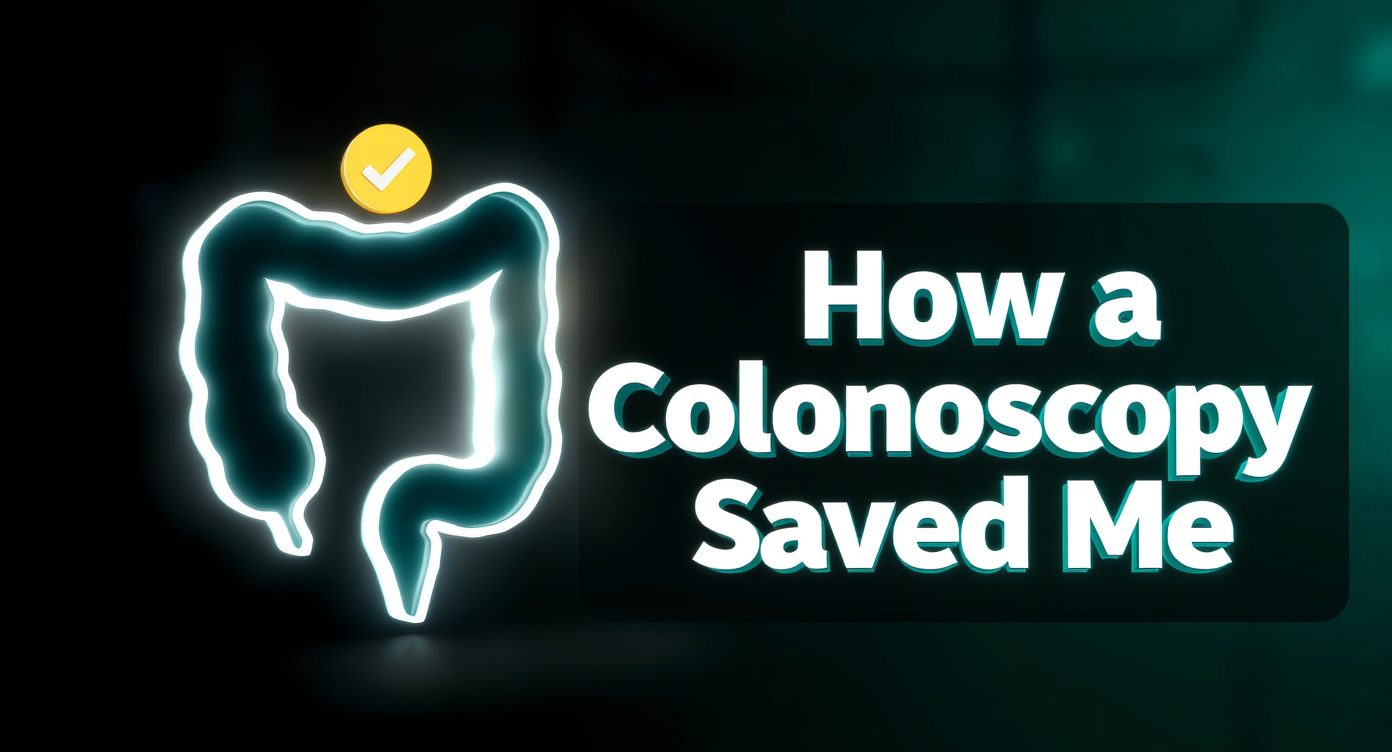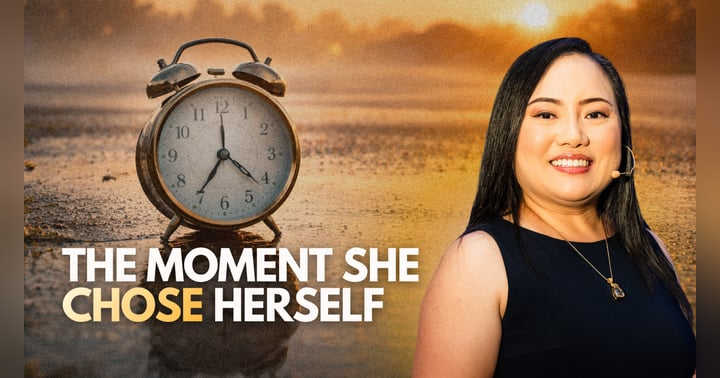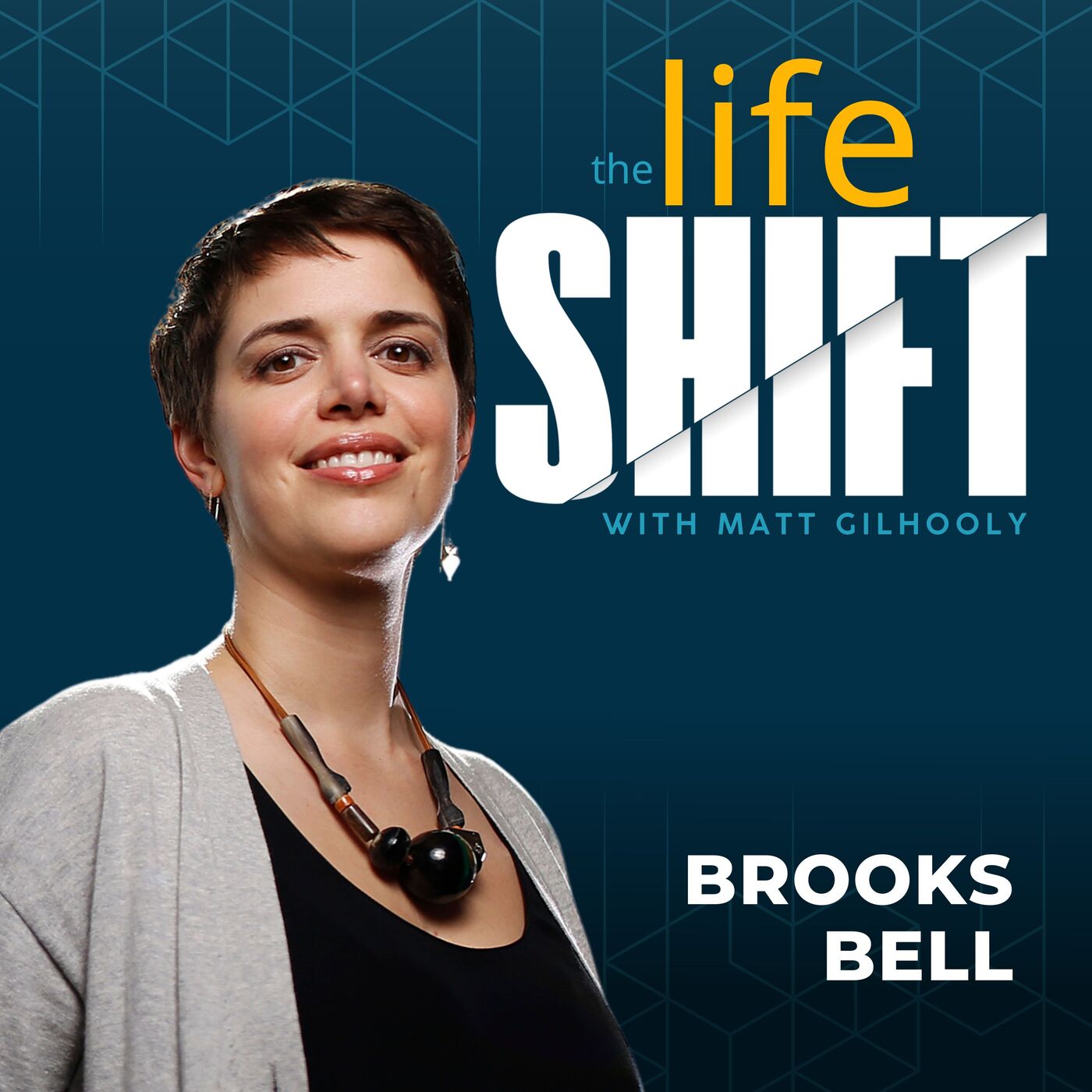Surviving Colon Cancer at 38: Brooks Bell’s Shift to Joy and Connection

The Moment Everything Changed
Life can move along quickly, and sometimes we barely pause to notice. Brooks Bell was 38, running a successful company, and pushing herself harder than ever when everything stopped. What she thought might be a minor health issue turned out to be colon cancer.
She described waking up after a colonoscopy, looking into her doctor’s face, and hearing the words no one wants to hear: “Sadly, we found a tumor.” In that moment, she shifted from the role of problem solver and CEO to patient and survivor. It was a reminder that control can disappear in a heartbeat.
Listening to Your Gut
One part of Brooks’ story that stayed with me was how much it came down to listening. At first, a doctor dismissed her symptoms as hemorrhoids. Another told her not to worry. But something inside pushed her to get a third opinion. That decision may have saved her life.
She said, “I can’t possibly be healthy and bleeding internally at the same time.” That kind of self-advocacy is powerful. It made me reflect on how often we ignore the quiet signals our bodies send. Brooks’ determination to trust herself is a lesson for all of us.
Shifting From Achievement to Joy
Before her diagnosis, Brooks’ identity was built on success. She had founded her own company at 23 and grew it into a team that worked with brands like AOL and Under Armour. Her drive was relentless, but it also came at a cost.
Cancer stripped away the armor of achievement. It forced her to ask a different set of questions: Who am I without the company? What do I want my life to feel like? In the years since, Brooks has chosen to embrace fun, connection, and joy. She talks openly about how playfulness and presence matter just as much as professional milestones.
Finding Purpose in Prevention
Brooks didn’t stop at survival. She turned her experience into purpose by co-founding World Class Clothing, a nonprofit brand dedicated to raising awareness about colonoscopies and funding screenings for underinsured communities. It is part advocacy, part fashion, and entirely focused on saving lives.
She even jokes about being a “colonoscopy enthusiast,” which disarms people and opens the door to real conversations. Talking about something uncomfortable can connect us in surprising ways. Brooks shows that prevention is not only important, it is worth celebrating.
What I Took Away
Listening to Brooks reminded me that our lives are made up of choices in moments we cannot control. We cannot always decide what happens to us, but we can decide how to respond. Brooks chose to listen to her body, seek joy, and turn her experience into a mission to help others.
Her story is a reminder that joy and connection are not luxuries. They are the reasons we do everything else. And sometimes it takes life, stopping us in our tracks, to remember that.














